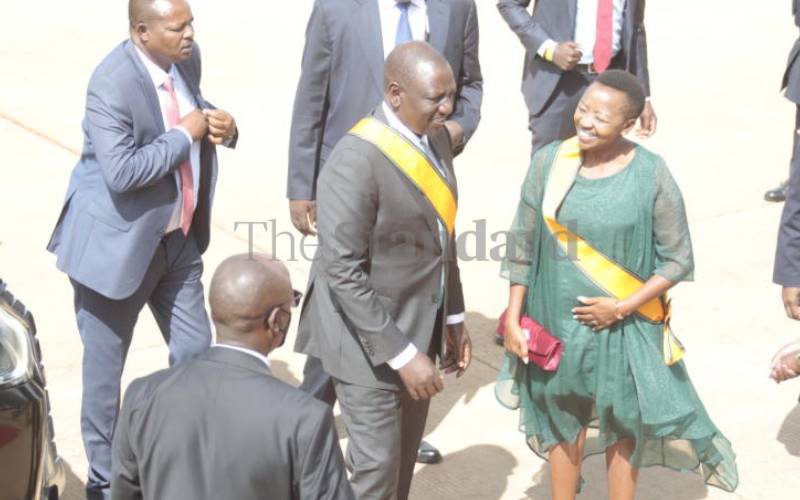×
The Standard e-Paper
Fearless, Trusted News

Political Chessboard rewards good strategy even when it hurts because nobody has a sweet tooth for truth.
President Uhuru Kenyatta has never spared his deputy disgrace from the time William Ruto decided to break the first of the 48 laws of power. Therefore, Uhuru’s (mis)treatment of Ruto on Madaraka Day was warranted but emotional!